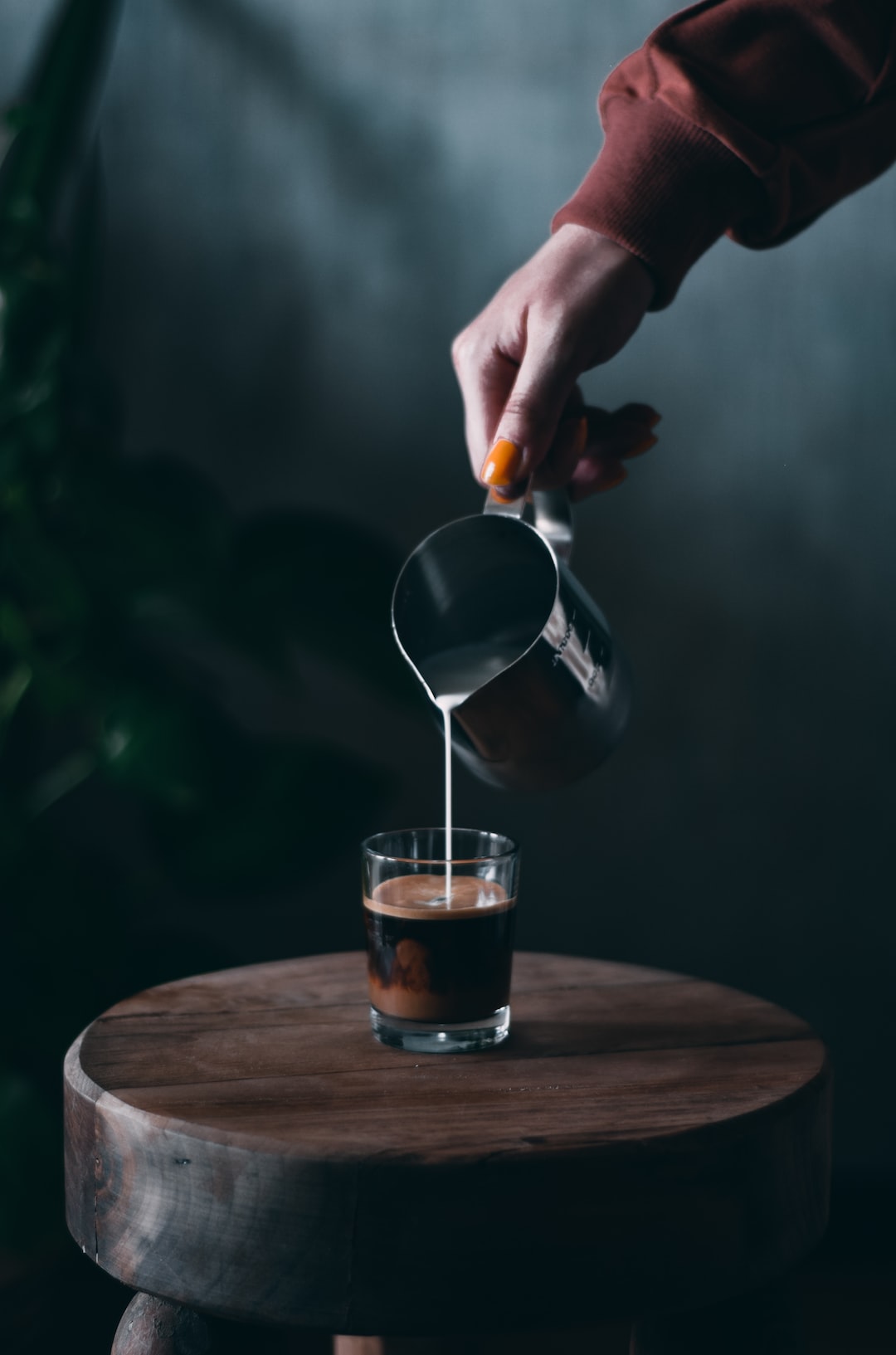The Science Behind Brewing the Perfect Cup of Coffee
For many, a great cup of coffee is an essential part of their morning routine, providing a much-needed energy boost to start the day. But have you ever wondered what goes into brewing the perfect cup of coffee? Beyond simply selecting the right beans, there is a science behind achieving that perfect balance of flavors and aromas. In this article, we will delve into the fascinating world of coffee brewing and explore the scientific factors that contribute to the ultimate cup of joe.
1. Coffee Beans: The Foundation of Flavor
The journey to brewing the perfect cup of coffee begins with selecting the right beans. Coffee beans are the seeds of the Coffea plant and can be categorized into two main varieties: Arabica and Robusta. Arabica beans are known for their complex flavors and aromatic profiles, while Robusta beans have a stronger, more bitter taste. The choice of beans ultimately depends on your personal preference.
Beyond the variety, the flavor of coffee is also influenced by the origin, altitude, and processing method of the beans. Different regions produce beans with distinct flavor profiles. For instance, beans from Ethiopia often have fruity and floral notes, while those from Brazil have a nutty and chocolatey taste. Additionally, coffee grown at higher altitudes tends to have a more acidic and vibrant taste.
2. The Importance of Grind Size
Once you have selected your preferred beans, the next crucial step is grinding them to the appropriate size. The size of the coffee grounds directly affects the rate of extraction and, consequently, the taste of the brewed coffee.
A finer grind size, resembling table salt, increases the surface area of the coffee, allowing for a more efficient extraction of flavors. This is ideal for brewing methods such as espresso, where the short contact time necessitates a faster extraction. On the other hand, a coarser grind, resembling sea salt, is suitable for brewing methods like French press or pour-over, where longer contact times are required.
3. Water Quality and Temperature
Water, being the primary ingredient in coffee, plays a significant role in the brewing process. The quality of water used can impact the flavors extracted from the coffee grounds. Ideally, water should be free from any off-flavors or impurities that might interfere with the taste of the final cup.
Moreover, the temperature of the water used for brewing is crucial to achieving optimum extraction. The ideal temperature range for brewing coffee is typically between 195°F and 205°F (90°C to 96°C). Water that is too hot may result in over-extraction, leading to a bitter taste, while water that is too cold may result in under-extraction and a weak, dull flavor.
4. The Science of Extraction
The extraction process is where the magic happens. Hot water extracts soluble compounds, such as caffeine, acids, sugars, and aromatic compounds, from the coffee grounds. Achieving the perfect extraction requires an understanding of the science behind it.
The extraction is influenced by three main factors: time, turbulence, and the ratio of coffee to water. Each brewing method requires specific parameters to achieve the desired extraction. For example, a shorter brewing time and higher turbulence are ideal for espresso, while a longer brewing time and lower turbulence are preferred for pour-over or French press.
5. The Role of Brewing Equipment
Lastly, the choice of brewing equipment can significantly impact the taste and overall experience of your coffee. Each brewing method has its unique characteristics, influencing the flavors, acidity, and body of the final cup. For instance, espresso machines apply pressure to extract flavors quickly, resulting in a strong, concentrated brew with a rich crema.
On the other hand, pour-over methods, such as the Chemex or V60, allow for greater control over factors like water flow and turbulence, thereby influencing the extraction. French press, with its immersion brewing technique, produces a full-bodied coffee with more pronounced flavors.
In conclusion, brewing the perfect cup of coffee is indeed a science, requiring an understanding of various factors. From selecting the right beans, grinding them to the appropriate size, and controlling the water quality and temperature, each step contributes to the final flavor and aroma. By embracing the science behind coffee brewing, you can elevate your coffee experience and start your day with the perfect cup of joe.

